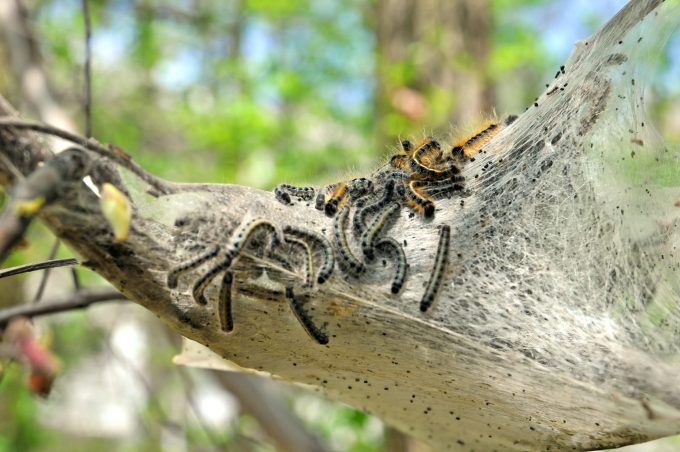EU ETS: 'the polluter pays', but the price 'must be more transparent'
Shipping lines now paying EU ETS surcharges, under ‘the polluter pays’ principle, will pass these ...

Discussions on how to deal with the potentially devastating effects of insects and other pests carried either on or inside cargo containers began in earnest this week at an International Plant Protection Convention (IPPC) conference in London.
For the first time the IPPC, part of the ...

Comment on this article